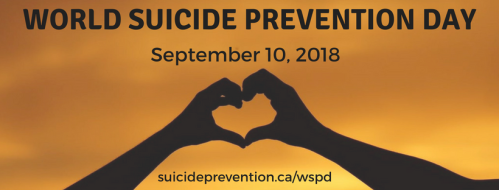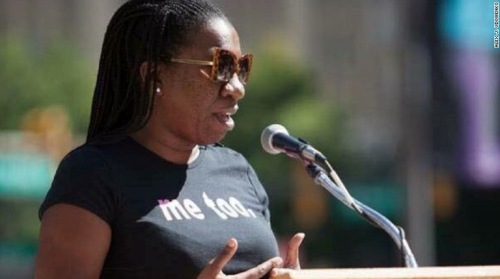
I don’t often go on a public rant, but the fact that some people are actually complaining about Thursday night’s Amber Alert in Ontario… it makes me want to simultaneously cry and vomit.
It doesn’t matter if you thought it was too late at night (around 11 pm) or if you were woken up from having the absolute best sleep of your life, this was an alert about a CHILD who’s life was in IMMINENT danger. This was an attempt to save the life an 11 year old girl.
Here’s a recap:
At 3pm Thursday, Riya Rajkumar was dropped off to celebrate her 11th birthday (also Valentine’s Day) with her father. After they failed to return as expected at 6:30pm, Riya’s mother alerted the police that her daughter was missing. Reportedly, she also subsequently received messages from her ex-boyfriend that he might harm Riya and himself. The first Amber Alert was issued around 11:00 or 11:30pm (reports vary). About an hour later, the police had cause to enter a house where they found Riya already deceased, and the alert was cancelled. Shortly thereafter, a motorist reported the suspect’s car, the police executed a “high risk” vehicle stop, and Riya’s father was apprehended. Police confirm that this arrest was a “direct result” of the Amber Alert. He has since been charged with the first-degree murder of his daughter.
So, back to the people who were so terribly inconvenienced by this Amber Alert…
It’s not like this is happening every day. Amber Alerts are only issued under the most exigent circumstances, when it’s believed that that a child has been abducted and that they are in imminent danger.
Statistics show that almost every missing child (99.8%) is returned home safe, but this is in reference to all “missing” children. This includes those that just miscommunicated their plans, misunderstood directions, became lost, or ran away from home. Even when children are abducted as part of a custody dispute, the majority are never in serious danger. But these aren’t the case in which Amber Alerts are issued.
Between 2003 and 2012, Canada only issued 64 Amber Alerts, involving 73 abducted children. Of those, 70 were recovered and returned safely and three died.
As for those people who were so rudely disturbed in Winnipeg (even though the alert was an hour earlier due to your time zone), I agree that you were too far away to be of any help. Unfortunately, the technology isn’t perfect, but it’s a hell of a lot better than it used to be.
When the Amber Alert was first introduced in the US in 1996*, it’s broadcast was limited to interrupted programming on radio stations, and a “text crawl” along the bottom of TV programs. When the technology became available, electronic roadside signs would also display the alert, but it’s only very recently that Amber Alerts began broadcasting on mobile devices and social media. On April 6, 2018, the CRTC placed mandates on Canadian service providers to ensure the majority of wireless carriers across the country became compatible with the alerts. (Canadians cannot opt out.)
This is a GOOD THING, people! The speed at which an alert is broadcast is a HUGE factor when a child’s life is in danger.
In cases of child abduction and murder, delays are critical. In fact, retrospective review shows that missing children who are murdered are killed within a very short period of time. Incredibly, 44% of the children were dead within only one hour after their abduction. 74% were dead within three hours, and 91% were dead within 24 hours after being taken.
When Abducted Child Was Killed
<1 Hour 44%
Within 3 Hours 74%
Within 24 Hours 91%
Within 7 Days 99%
Within 30 Days 100%
So yeah, even if the latest technology still has a few glitches and it means a couple of times a year a few people are “disturbed” or “inconvenienced”, based on those timelines, it seems pretty clear to me that it’s vital we use every tool at our disposal to broadcast Amber Alerts as quickly as f*cking possible
Seriously, if you’ve chosen to keep your cell phone turned on at night and by your bedside (maybe in case someone YOU love has an emergency), and you are awoken by one of these rare Amber Alerts, I really don’t think it’s unreasonable for you to be able to control your anger enough that you don’t feel the need to complain to the police by making your own 911 call.
Do I feel the need to rant about this because I’m a parent and one of my boys is 11 years old, the same age Riya Rajkumar had just turned? No… it’s because I’m a responsible member of society and a decent human being.
* The first Amber Alert was issued in Texas, after 9 year old Amber Hagerman went missing while riding her bike. She was found murdered four days later. The case remains unsolved. (The US Department of Justice subsequently created the backronym, America’s Missing: Broadcast Emergency Response.)


















